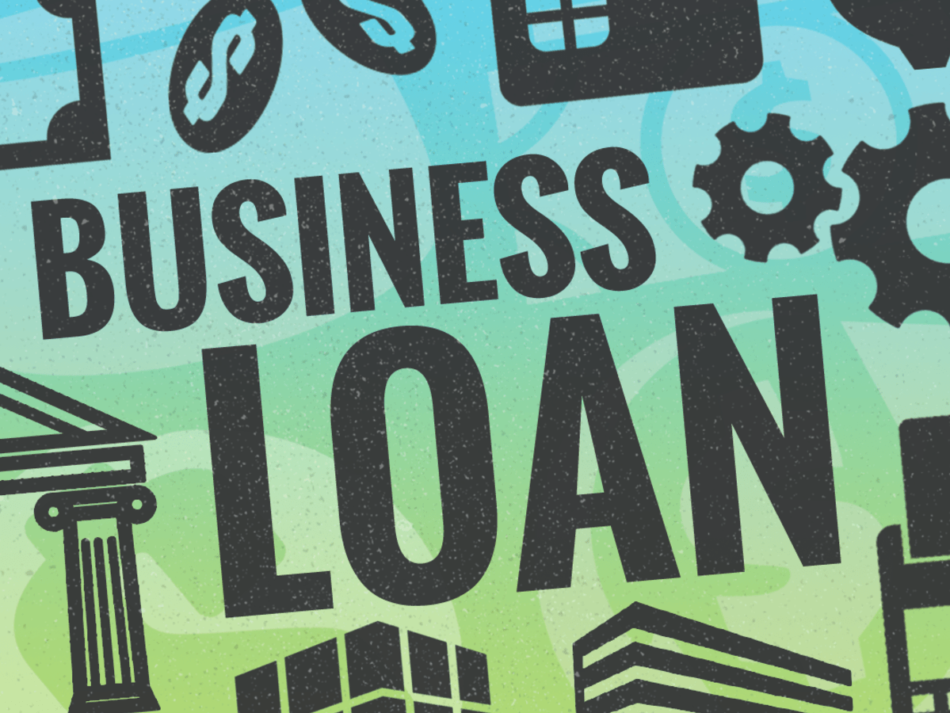Startups and small and medium-sized enterprises (SMEs) need loans to hire employees, purchase equipment, rent office space, expand operations, develop new products, etc. While there are several lenders, obtaining funding from reliable lenders often requires borrowers to fulfill certain requirements to secure funding. As a result, the better prepared you are to meet a lender’s […]
Startups and small and medium-sized enterprises (SMEs) need loans to hire employees, purchase equipment, rent office space, expand operations, develop new products, etc. While there are several lenders, obtaining funding from reliable lenders often requires borrowers to fulfill certain requirements to secure funding.
As a result, the better prepared you are to meet a lender’s requirements, the higher your chances of obtaining a small business loan. Here are some tips to help you get approved for a small business loan.
Gather All the Necessary Paperwork
To be eligible for a small business loan, banks and other traditional lenders usually require various financial and legal documents. Some common documents you may need to provide when you apply for small business financing include:
- Banks statements
- Tax returns
- Balance sheets
- Income and loss statements
- Cash flow projections
- A driver’s license
- Business licenses
- Articles of incorporation
When providing these documents, ensure you’re conversant with the details, particularly those in the financials. Many lenders will ask about your financials, so showing you have a solid understanding of them can increase your chances of obtaining the loan.
Improve Personal and Business Credit Scores
According to Lantern by SoFi, most banks and traditional lenders will consider your personal and business credit scores when you apply for business loan. The higher your credit score, the higher your chances of securing funding.
FICO scores commonly used by lenders range from 300 to 850. A score of 700 or above will allow you to qualify for credit on favorable terms. Meanwhile, a score of 640 to 700 may allow you to qualify for credit but on less favorable terms. However, a score of 640 and below may make you ineligible for most bank loans.
If you have a poor credit score, quick ways to improve it include disputing credit report mistakes, settling huge debts, and paying bills on time.
Alternatively, if you have a sub-standard credit score, consider applying for a loan from an online lender. Many online lenders tend to be more flexible than traditional lenders, and they may choose to focus on other aspects of your business other than your credit score.
Create a Solid Business Plan
Before providing you with funding, lenders will want to know how you intend to use the funds. A good business plan that demonstrates the purpose of the loan and how it could increase profits can increase your chances of securing a loan.
While business plans vary, a standard business plan should include the following:
- Company summary
- Product or service description
- Organizational structure and management team
- Historical financials
- Projected financials
- Marketing strategies
Your business plan should demonstrate your ability to repay the loan. If you’re unsure how to create a strong business plan, consult a business plan consultant to get tips on crafting a solid business plan.
Small business loans can help your business grow. If you’re considering applying for a small business loan, use these tips to increase your chances of getting approved for a loan.






